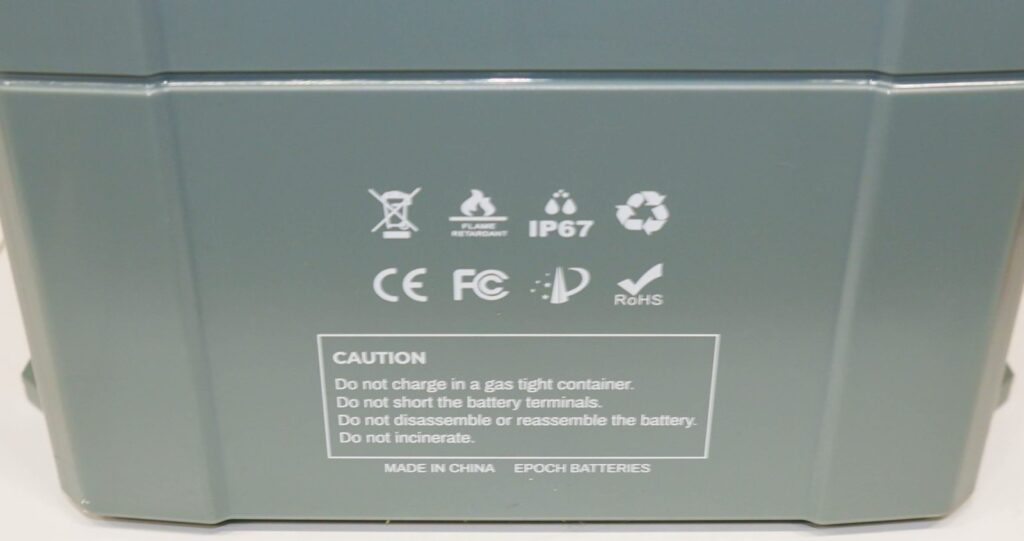Lithium batteries have become increasingly popular due to their high energy density, long cycle life, and lightweight nature. Among the various types available, 12V lithium batteries stand out as a reliable power source for a wide range of applications. This comprehensive guide provides an overview of 12V lithium batteries, their features, advantages, applications, and maintenance.
Features and Advantages of 12V Lithium Batteries:
High Energy Density: 12V lithium batteries offer a high energy density, providing more power for a given size and weight compared to traditional lead-acid batteries. This makes them ideal for applications where space and weight are critical factors.
Long Cycle Life: Lithium batteries have a longer cycle life, meaning they can endure a higher number of charge and discharge cycles without significant capacity loss. This longevity ensures a more cost-effective and durable power solution.
Lightweight: Lithium batteries are notably lightweight, making them suitable for portable and mobile applications. Their lightweight nature improves the efficiency and ease of transportation, making them an excellent choice for marine, RVs, and camping.
Fast Charging: 12V lithium batteries generally have a faster charging time compared to other battery types. This 12V Lithium Battery feature is essential for applications where quick charging is necessary, providing convenience and reducing downtime.
Low Self-Discharge Rate: Lithium batteries have a low self-discharge rate, retaining their charge for more extended periods when not in use. This ensures that the battery is ready to power up devices whenever needed.

Wide Operating Temperature Range: Lithium batteries can operate efficiently across a wide temperature range, making them suitable for diverse environmental conditions and outdoor applications.
Minimal Maintenance: 12V lithium batteries require minimal maintenance, reducing the overall cost of ownership. Unlike lead-acid batteries, they do not require regular topping up with water and have no risk of acid spills.
Applications:
Recreational Vehicles (RVs): 12V lithium batteries power the electrical systems in RVs, providing reliable energy for lighting, appliances, and entertainment devices.
Marine and Boating: Lithium batteries are used to power marine electronics, lighting, and navigation systems on boats and yachts due to their lightweight and high energy density.
Solar Energy Storage: Lithium batteries are an excellent choice for storing solar energy in off-grid and grid-tied solar systems, ensuring consistent power availability.
Portable Power Stations: They power portable power stations, offering a convenient and reliable source of energy for camping, outdoor events, and emergencies.
Electric Vehicles (EVs): Some smaller electric vehicles and recreational electric equipment utilize 12V lithium batteries to power auxiliary systems.
Maintenance:
Avoid Overcharging: Implement measures to prevent overcharging, as excessive charging can degrade the battery’s performance and reduce its overall lifespan.
Regular Inspection: Periodically check the battery for any signs of damage, wear, or loose connections to ensure optimal performance.
Proper Storage: Store lithium batteries in a cool, dry place, and ensure they are adequately charged before extended storage to prevent deep discharge.
Their high energy density, long cycle life, lightweight nature, and minimal maintenance requirements make them a reliable and efficient power solution for both portable and stationary uses.